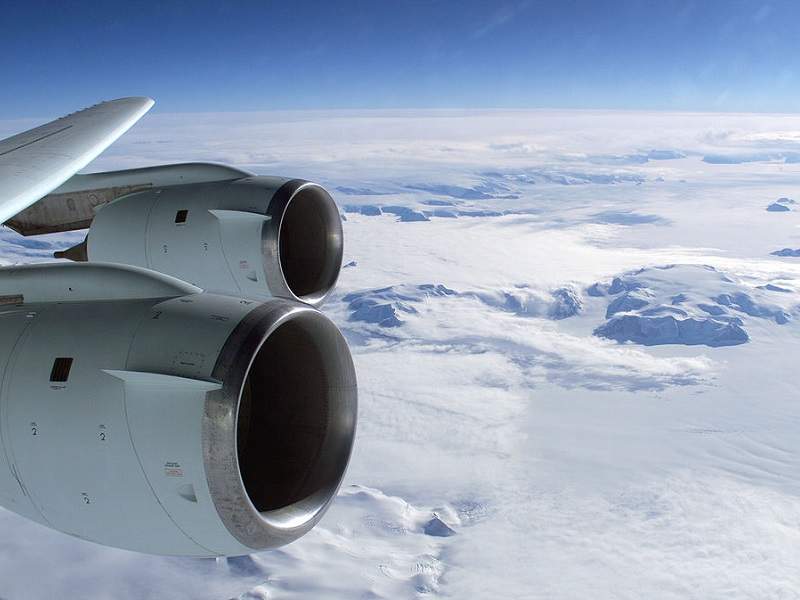Iata Maintenance Manual
2016-01 MASTER ENGINE MAINTENANCE AGREEMENT ([Master EMA, 2016]). 5.3 The then-current OEM Engine Shop Manual to be supplied by Service. Manual on the Implementation of the Language Proficiency Requirements (Doc 9835) Manual on the Implementation of the Security Provisions of Annex 6 (Doc 9811 RESTRICTED) Manual on Establishment and Operation of Aviation Training Centres (Doc 9401) Safety Management Manual. As defined in its State safety programme, or of a service provider, as defined in its safety management system, expressed in terms of safety performance targets. The IATA Cargo Handling Manual (ICHM) is a complete set of standards for. Place; New standards by using the Cargo Service Conference (CSC) governance.
On July 31, the International Air Transport Association (IATA) announced an with CFM International (CFMI) to increase engine maintenance competition. As a result, IATA has withdrawn its formal complaint filed with the Competition Directorate of the European Commission (EC) in March 2016. CFMI, a 50/50 partnership between General Electric and Safran Aircraft Engines, agreed to adopt a set of “conduct policies” and associated implementation measures to enhance opportunities available to third-party providers of engine parts and maintenance services on the CFM and LEAP series engines. As described by IATA, CFMI has agreed to: • License its Engine Shop Manual to an MRO facility even if it uses non-CFM parts. • Permit the use of non-CFM parts or repairs by any licensee of the CFM Engine Shop Manual.

• Honor warranty coverage of the CFM components and repairs on a CFM engine even when the engine contains non-CFM parts or repairs. • Grant airlines and third-party overhaul facilities the right to use the CFM Engine Shop Manual without a fee.
• Sell CFM parts and perform all parts repairs even when non-CFM parts or repairs are present in the engine. “This agreement shows how powerful the global airline community can be when it is determined,” said Sarah MacLeod, ARSA executive director. “The airlines applied pressure and contractual obligations to address problems that go beyond minimum safety regulations. IATA ensured the contract ‘beneficiaries’ included airlines, lessors, parts manufacturers and independent repair stations.
Aviation safety agencies grappling with maintenance data availability issues should not take this agreement as an answer to their obligations to establish and ensure compliance with basic safety requirements.” ARSA assisted the EC in its initial investigation of IATA’s 2016 complaint by responding to a questionnaire seeking in-depth information on certain practices of specific design approval holders. The association’s responses focused on aviation safety rules and how the national aviation authorities’ failure to enforce regulations even-handedly directly affected competition. “This agreement is an important lesson,” said Marshall S.

Filler, ARSA managing director and general counsel. “IATA and CFMI deserve a lot of credit for its comprehensive nature – it establishes a model for future contract negotiations between aircraft purchasers and the entire manufacturing community.” To see all of ARSA’s work related to instructions for continued airworthiness,. To read IATA’s complete release on the CFMI agreement,. To read the agreement as issued by CFMI,. Previous updates on IATA's ICA complaint.